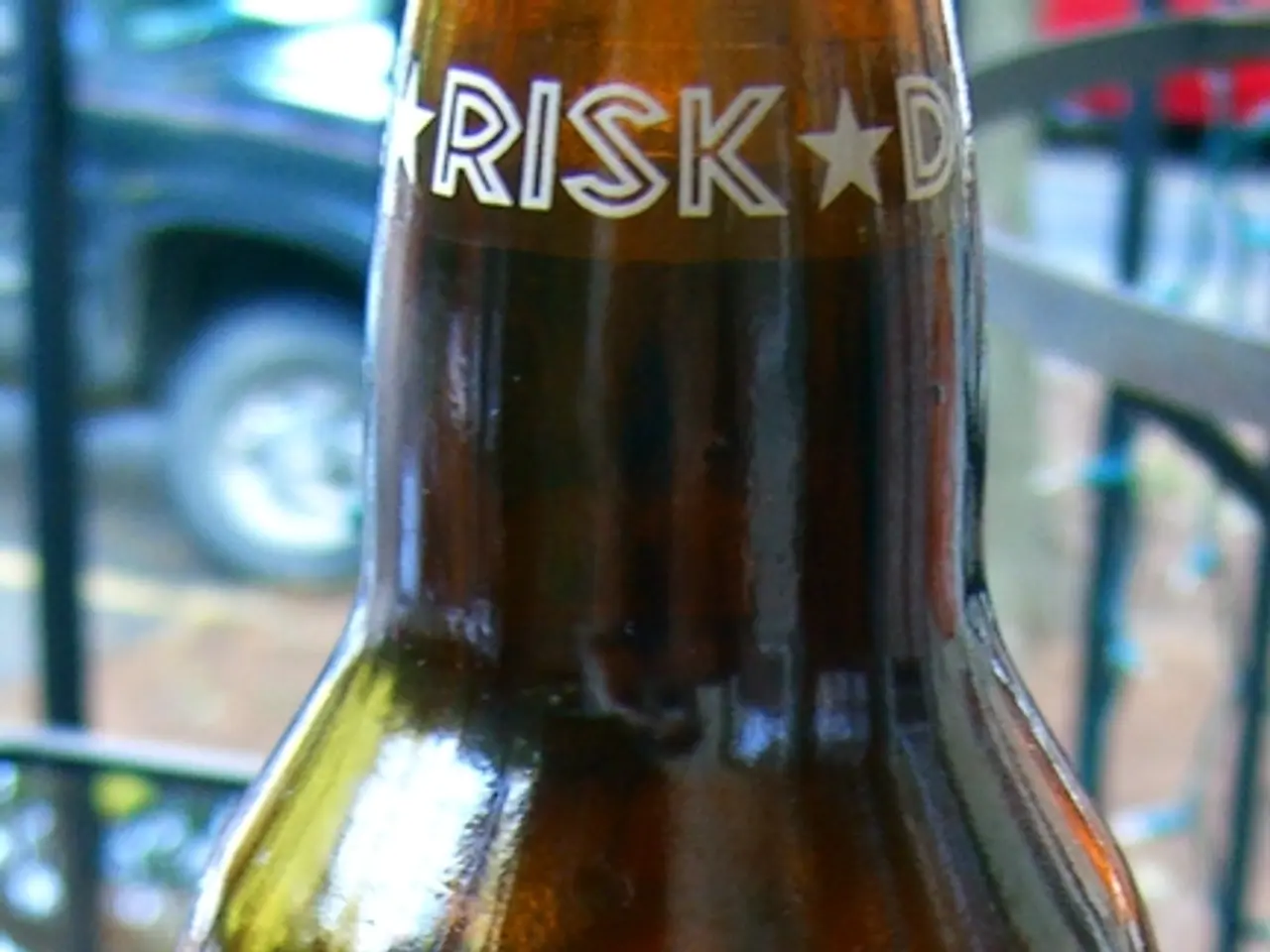Strategies for Hindering Liver Cancer Development
Primary liver cancer, also known as hepatocellular carcinoma (HCC), is a significant health concern, being the most frequently occurring cancer and associated with a high number of deaths worldwide. Thankfully, effective prevention methods are available, focusing on three key areas: HBV vaccination, lifestyle modifications, and dietary choices.
HBV Vaccination
Vaccination against hepatitis B virus (HBV) is a critical and proven strategy to reduce the risk of HCC. Chronic HBV infection is a major cause of liver cancer globally, and childhood HBV vaccination significantly lowers HCC incidence by preventing the initial infection that leads to chronic liver disease and subsequent cancer development.
Lifestyle Modifications
Avoidance of known risk factors is essential in preventing liver cancer. This includes:
- Avoiding alcohol consumption, especially in individuals with liver cirrhosis or chronic liver disease, to prevent further liver damage and reduce HCC risk.
- Avoiding tobacco use lowers liver cancer risk.
- Preventing and managing chronic hepatitis C virus (HCV) infection through antiviral treatments reduces HCC risk since HCV accounts for a significant proportion of cases worldwide.
- Screening and managing other liver conditions such as hemochromatosis helps lower risk.
Dietary Choices
While specific diets for HCC prevention are less clearly defined, avoiding excessive alcohol and maintaining a healthy weight to prevent non-alcoholic fatty liver disease (NAFLD)—another HCC risk factor—is recommended. A balanced diet rich in fruits, vegetables, and whole foods that supports liver health is advisable.
Additional Measures
Routine HCC surveillance for high-risk individuals (e.g., those with cirrhosis) through ultrasound every six months, with or without alpha-fetoprotein testing, can detect HCC early and improve outcomes. Early detection complements prevention efforts but does not replace vaccination and lifestyle changes.
In summary, HBV vaccination stands out as the foundational prevention method, complemented by lifestyle modifications like abstaining from excessive alcohol and tobacco, managing viral hepatitis infections, and adopting healthy dietary habits to reduce liver disease and HCC risk. These measures, combined with regular screening for high-risk individuals, offer promising avenues for reducing the incidence of primary liver cancer.
[1] Centers for Disease Control and Prevention. (2021). Hepatitis B: Questions and Answers for the Public. Retrieved from https://www.cdc.gov/hepatitis/hbv/hbvfaq.htm [2] World Health Organization. (2016). Global health sector strategy on viral hepatitis 2016–2021: going beyond the evidence. Retrieved from https://www.who.int/hepatitis/publications/hepatitis-report-2017/en/ [3] American Cancer Society. (2021). Liver Cancer: Screening. Retrieved from https://www.cancer.org/cancer/liver-cancer/detection-diagnosis-staging/screening.html [4] National Cancer Institute. (2021). Liver Cancer Treatment (PDQ®)—Patient Version. Retrieved from https://www.cancer.gov/types/liver/patient/liver-treatment-pdq [5] American Liver Foundation. (2021). Liver Cancer. Retrieved from https://www.liverfoundation.org/liverdisease/liverdisease-info/livercancer/ [6] Mayo Clinic. (2021). Primary liver cancer. Retrieved from https://www.mayoclinic.org/diseases-conditions/primary-liver-cancer/symptoms-causes/syc-20356238
- Science has uncovered that primary liver cancer, or hepatocellular carcinoma (HCC), is a prominent health issue, being the most common type of cancer with a significant number of associated deaths worldwide.
- Thankfully, scientific advancements have led to effective prevention methods for HCC, focusing mainly on three key areas: HBV vaccination, lifestyle modifications, and dietary choices.
- Vaccination against HBV, a crucial strategy, greatly reduces the risk of HCC since chronic HBV infection is a major cause of liver cancer globally.
- Chronic HBV infection can be prevented through childhood vaccination, which significantly lowers HCC incidence by preventing the initial infection that leads to chronic liver disease and subsequent cancer development.
- Besides HBV vaccination, avoiding known risk factors such as alcohol consumption is essential for preventing liver cancer.
- In particular, avoiding alcohol, especially in individuals with liver cirrhosis or chronic liver disease, can help prevent further liver damage and lower the risk of HCC.
- Quitting tobacco use, another lifestyle modification, also lowers the risk of liver cancer.
- Managing and treating chronic hepatitis C virus (HCV) infections can significantly reduce HCC risk, as HCV accounts for a substantial proportion of liver cancer cases worldwide.
- Prevention and management of other liver conditions like hemochromatosis can help lower the risk of HCC as well.
- In addition to these measures, maintaining a healthy weight and adopting a balanced diet rich in fruits, vegetables, and whole foods can support liver health and help prevent non-alcoholic fatty liver disease (NAFLD), another HCC risk factor.
- Regular HCC surveillance for high-risk individuals, such as those with cirrhosis, can detect liver cancer early through ultrasound every six months, with or without alpha-fetoprotein testing, and improve outcomes.
- Early detection is crucial for complementing prevention efforts but does not replace vaccination and lifestyle changes.
- While specific diets for HCC prevention are less well-defined, avoiding excessive alcohol and maintaining a healthy weight through balanced nutrition is recommended.
- In terms of financial aspect, investing in health and wellness can reap long-term benefits, such as reducing the incidence of primary liver cancer.
- A healthy lifestyle, incorporating fitness and exercise, mental health care, skin care, nutrition, and avoiding unhealthy habits like excessive drinking and smoking, can contribute to overall well-being, including cancer prevention.




